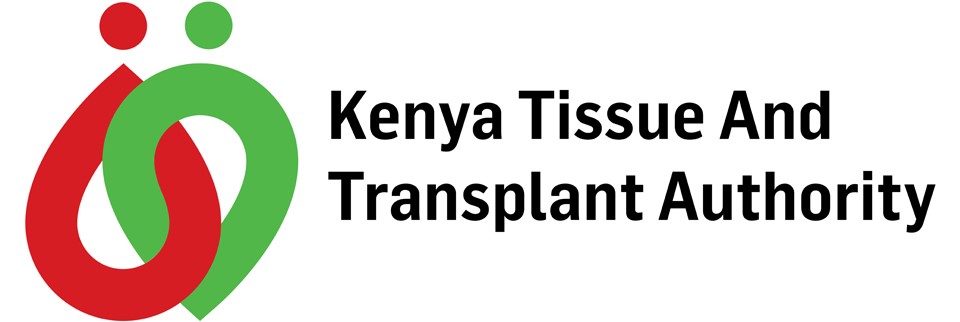Frequently Asked Questions

Know more about blood donation and how you can help people
6 regional centers and 21 satellite centers spread across the country.
16 years to < 65, above 50 kgs, safe sexual lifestyle
Yes, a detailed questionnaire that enables self-exclusion to address your health and lifestyle. We test your HB (amount of blood), BP (pressure) to ensure you are fit to donate.
Hepatitis B, Hepatitis C, Syphilis and HIV
< 16 years, people who have contracted sexually transmitted diseases such as HIV or syphilis. People with risky sexual life styles, drug abusers.
Many diseases can be transmitted through blood including HIV, Hepatitis B, Hepatitis C, and Syphilis
Anemic, people undergoing surgical operations, patients with cancer and leukemia, accidents victims, complications during pregnancy.
Anybody who donates at least twice in a year.
A unit of blood can be used to save more than one life; blood is composed of different components.
Blood group O (positive), one in three of the population has this group
Upto 4 lives depending on components prepared from the donated unit. Components: Cryoprecipitate, Packed Red Cells, Fresh Frozen Plasma, Platelets.
No. However, transfusing facilities may levy a service charge
No, Never
Save lives, knowing your blood group, knowing my status, altruism, patriotism.
Visit the RBTC/Satellite Centre nearest to where you donated blood.
After every 3 months for males and after 4 months for females
No special diet is required. Continue with normal diet.
No, not at all. All needles and lancets are sterile and used only once. Our staffs are well trained and follow strict standardized procedures.
1 pint (450 ml)
Fluid part (plasma) is replaced within 24 hrs, while the cells part is replaced within two weeks.
For More Questions (Contact Us)


